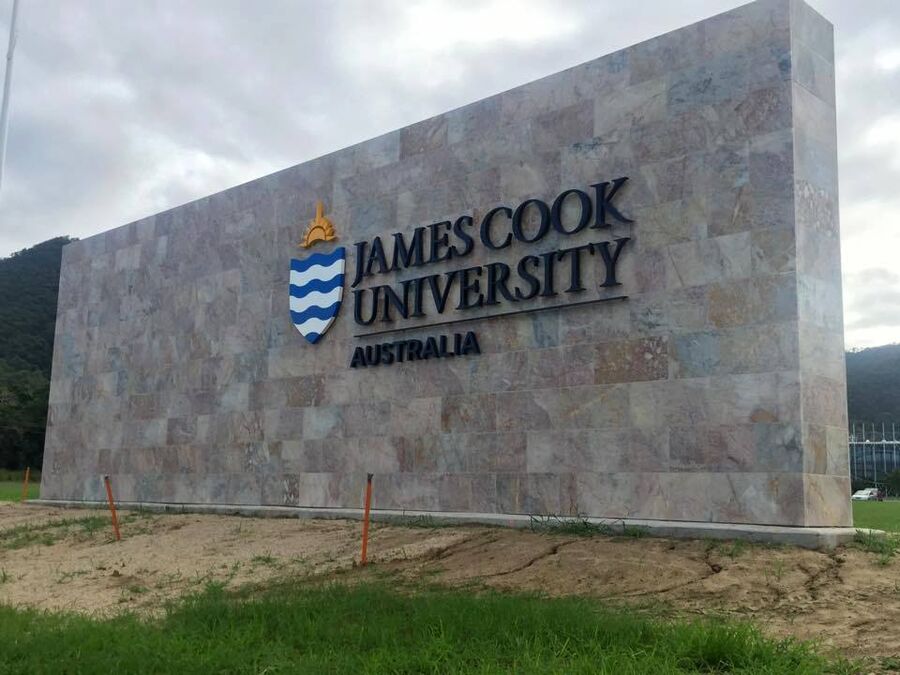Uni is about asking questions, and spending of student fees should be one of them
TropicNow columnist Connor Davey urges his fellow students at James Cook University to speak up when it comes to the spending of student fees.

Walking into a University and committing to a degree holds the promise of a greater future and financial stability at the end of the academic rainbow.
You are told that you must question everything and keep an open mind because everything you are told or see has a hidden meaning or a subliminal bias.

What you aren’t told is that this also applies to the administrative side of a University.
James Cook University (JCU) is no different.
However it is easy for students to fall into the belief that your University will look after you, that they will guide you to the end of the road and ensure you are given the best education possible so you will be prepared for the real world.
As of 2013, the total population was 22,370 students across all locations, with the majority of students situated in Townsville and after that Cairns.
JCU prides itself on its position in North Queensland, and the university sphere in general.
The community of students in Cairns is relatively small compared to other Universities and this means students have superior access to lecturers and timely responses to any queries regarding their courses.
As I have been a student located on the Cairns campus since 2012 it is important to note the bigger issues that students endure every day.
Issues like the lack of student on-campus culture, providing the appropriate permanent space for Indigenous students and having enough car parks is where the fun ends.
Students are left to guess where their tuition fees go.
JCU will provide students with a survey to fill out, usually sent to their email. These surveys could be about any number of issues.
Two examples are surveys for the teaching experience for each subject a student was enrolled in or where the Student Services and Amenities Fee (SSAF) should be allocated.
These surveys are deemed sufficient consultation with the student body.
There are no open forums in a lecture hall with questions answered and there is no advertised opportunity for students to approach senior management to discuss potential expenditure.
The abundance of emails students receive is considered spam and is only met with a glance. This provides senior management with the opportunity to suggest the students are not engaged enough with their degrees.

On the Cairns campus it does not take long to realise where JCU spend tuition fees.
Just one example is a new marble sign erected as you approach the campus shines for all to see.
The sign that was already in use was not falling apart, was not gross in appearance yet JCU have seen it fit to spend student fees on a brand new marble sign.
Once again ignoring the cries from students to invest in academics or even increase the number of parking spots available.
JCU’s priority is the aesthetic appeal of its campuses to the public eye. Student needs come later.
It does not matter if this disconnection between JCU and the student population is deliberate or by accident.
It needs to change and change fast. For students the appearances of buildings do not contribute to learning: it’s the lecturers. And the cuts to academic staff need to end.
We should also question the salary rises to senior management.
Students need to understand that they have a voice and that they need to activate this voice in order for change to occur and for JCU to understand that greater priority needs to be placed on learning.
No one asks why retention levels at JCU are incredibly low. No one asks how many students actually finish a degree at JCU.
Students and the public need to look past the marketing veil of five stars for job success and ask the bigger question: where does the money go?

